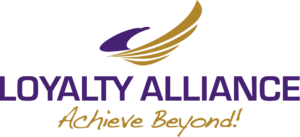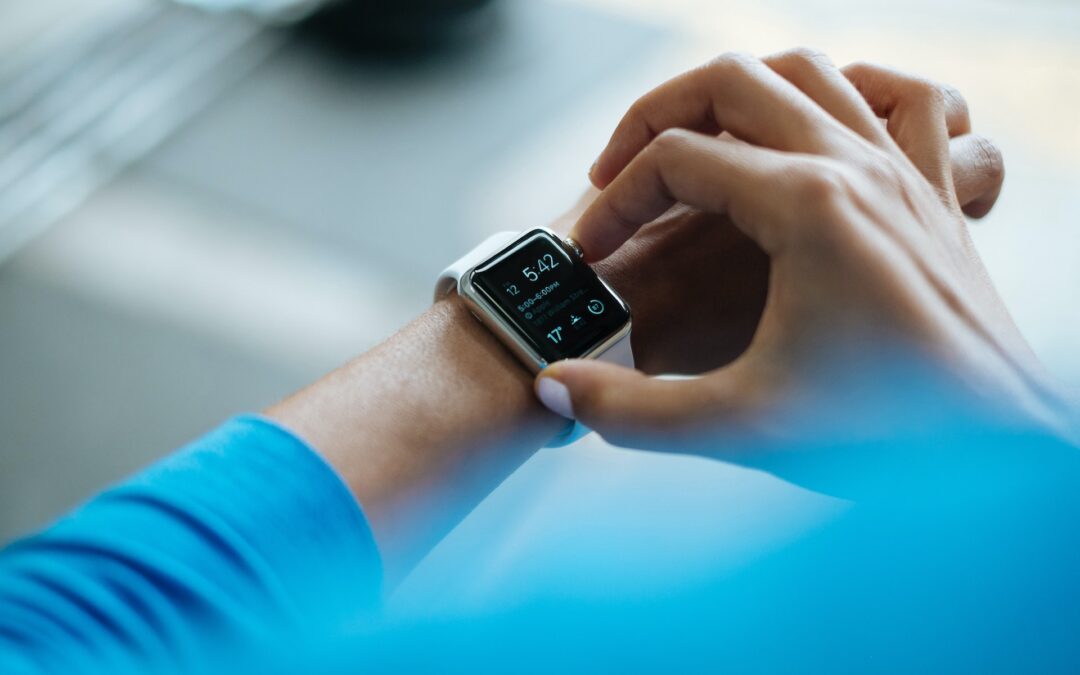The COVID-19 pandemic helped to speed up tech adoption in the healthcare industry in many ways. In one stunning example of rapid AI development, MIT created an AI program that could listen to a person’s cough and identify a regular cough from a COVID-19 cough, even if the patient was asymptomatic. According to their study results, MIT’s diagnostic tool detected the novel coronavirus with a 98.5% accuracy, including a 100% asymptomatic detection rate.
In fact, a peer-reviewed study published in the journal Nature Communications found that medical diagnosis with causal machine learning had a higher degree of accuracy than most physician diagnoses. This study found that an estimated 5% of outpatients in the U.S. receive an inaccurate diagnosis each year while 20% of patients with serious medical conditions received an inaccurate diagnosis at the primary care level. Of this 20%, one in three misdiagnoses was shown to result in “serious patient harm.” Dr. Jonathan Richens, lead author of the study, explains:
“We took an AI with a powerful algorithm, and gave it the ability to imagine alternate realities and consider ‘would this symptom be present if it was a different disease’? this allows the AI to tease apart the potential causes of a patient’s illness and score more highly than over 70% of doctors.”
In addition to testing and diagnostics, AI and ML advances offer hope for ongoing and future crises. According to an article published by Bureau of Labor Statistics, there was a loss of 31,200 caregivers in the United States from February of 2020 to January of 2022. This loss brought employment at long-term care facilities to its lowest levels in 15 years. At the same time, the United States Census Bureau estimates that 73 million members of the Baby Boomer generation will cross the 65-year-old threshold by 2030, indicating that the current lack of caregivers will be an ongoing crisis in the senior services and long-term care sectors for the foreseeable future.
When it comes to healthcare claims processing, automated coding systems have the ability to read medical charts and determine diagnosis and procedure codes without the delays and errors that often prevent the cycle of treatment, billing and reimbursement from being a smooth, straightforward and efficient process. AI/ML-powered technologies can also help streamline the claims process by predicting the claims that are likely to get appealed or denied, which allows healthcare providers the opportunity to remedy the situation and mitigate the likelihood of a claim getting appealed or denied before the claim is even submitted.
The opportunities for AI in healthcare are virtually endless. At Mythos Group, we’re paying special attention to revenue cycle management, medical records management, claims processing, clinical documentation, optimization insights and analytics. These processes tend to be slow, tedious and prone to error. AI solutions like optical character recognition (OCR) technology can completely eliminate the need for manual data entry, which not only saves time, but also cuts costs.
If you’re in the healthcare industry and you’re looking to assess the benefits of AI integration at your organization, contact us. Mythos Group can work with you to implement a seamless AI transformation at every level.
- EdTech Embraces Artificial Intelligence (AI) - July 17, 2023
- Artificial Intelligence (AI) Will Revolutionize Healthcare - July 3, 2023
- Are You Benefitting From The Gig Economy? – Part 2 - January 6, 2023

